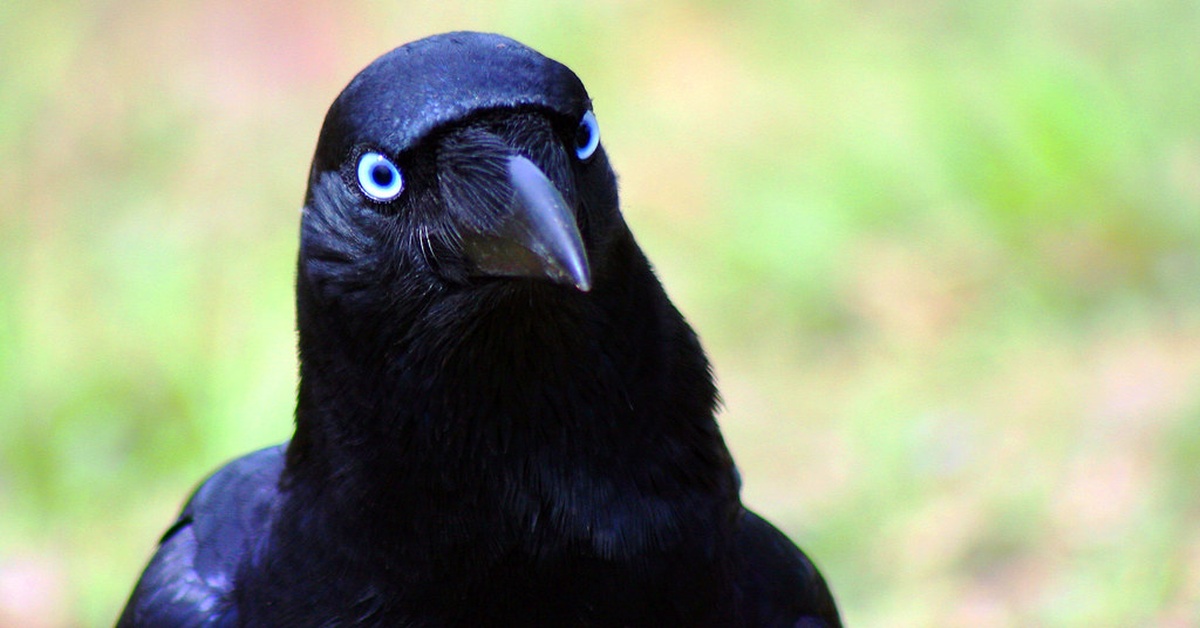Research shows that crows know what they know and can contemplate their own thoughts, demonstrating advanced intelligence and analytical thought previously believed to be exclusive to humans and a few other highly evolved mammals.

Crows are known for their intelligence and wide-ranging abilities, such as using tools, recognizing individual faces, and, as we recently reported, even recursion – a linguistic ability that makes human language so complex. Now, a study has shown that they can also analyze the contents of their own brains.
Andreas Nieder, a neurobiologist from the University of Tübingen in Germany, and his colleagues trained two crows, Glenn and Ozzy, to select a red or blue target based on whether they saw a brief light flash. Nieder frequently changed the “rule” for determining the correct target (red = saw it, or blue = saw it), with the birds being told which color meant what only after they saw the flash. This meant that the crows had to constantly assess their own memory of the flash and make a quick decision. This, in turn, required the birds to actively reflect on their own perception and demonstrate their ability to recall and respond.
During performing the tasks, the researchers monitored the activity of hundreds of neurons in the crows’ brains (which have as many as 1.5 billion neurons, equivalent to some monkey species).
When the crows indicated they saw the flash, their sensory neurons were activated between the flash and their pecking response. If they didn’t perceive the flash, the neurons remained inactive, and the bird pecked “No, I didn’t see anything.” The birds’ brain activity varied based on their perception of the dim flash.
During the delay, many neurons responded anticipating the crows’ report rather than the flash’s intensity. “A population of neurons contained information about the crows’ subjective experience throughout the trial,” the scientists explained.

The birds accurately reported their subjective perception of the flash or lack thereof, based on the activity of their sensory neurons, Nieder told STAT. “I think it demonstrates convincingly that crows and probably other advanced birds have sensory awareness, in the sense that they have specific subjective experiences that they can communicate,” he said. “Besides crows, this kind of neurobiological evidence for sensory consciousness only exists in humans and macaque monkeys.”
Despite the remarkable findings, more research is needed to fully understand the extent of crows’ cognitive abilities. Nevertheless, these results suggest that birds may have a more sophisticated understanding of their own thoughts and abilities than previously thought.
The implications of this research go beyond our understanding of crows and birds. It raises questions about the evolution of cognitive abilities and the potential for animals to possess higher-level thinking skills.
